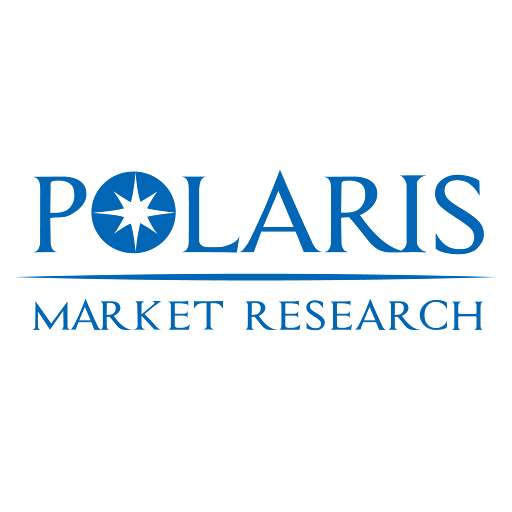The U.S. veterinary active pharmaceutical ingredients (API) manufacturing market was valued at USD 2.98 billion in 2024 and is projected to expand at a CAGR of 5.28% between 2025 and 2034. This trajectory highlights the rising demand for animal health solutions amid heightened regulatory scrutiny and supply chain restructuring. The U.S. is strengthening its position as a central hub for veterinary drug innovation, but developments in Europe and Asia Pacific are equally influential in shaping cross-border supply chains, regional manufacturing trends, and global market penetration strategies. The interplay of trade policies, regulatory environments, and technology adoption makes this sector a key component of the global pharmaceutical manufacturing ecosystem.
North America’s market leadership is underpinned by strict quality standards enforced by the U.S. Food and Drug Administration (FDA) and the U.S. Department of Agriculture (USDA). These agencies ensure compliance with current good manufacturing practices (cGMP), bolstering the reliability of domestic veterinary API production. The U.S. is also increasingly focusing on biosecurity and zoonotic disease control, with rising demand for APIs targeting antimicrobials, anti-infectives, and parasiticides. Meanwhile, Europe is advancing veterinary medicine under the Veterinary Medicinal Products Regulation (EU 2019/6), which came into effect in 2022, fostering innovation but imposing new traceability requirements. Asia Pacific, led by India and China, remains crucial as a cost-competitive supplier of raw materials, although concerns around quality assurance and intellectual property protections affect the pace of integration into Western supply chains.
The key drivers in the U.S. include the growth of companion animal ownership, with American Pet Products Association (APPA) data showing record household spending on veterinary care and pharmaceuticals. This consumer-driven expansion fuels demand for APIs used in chronic disease management, pain relief, and preventive care. Another driver is the expansion of livestock production, particularly beef and poultry, where veterinary APIs support disease prevention and productivity. On the restraint side, regulatory delays and high compliance costs remain challenges for small and mid-sized API manufacturers, while global supply chain disruptions expose vulnerabilities in securing intermediates sourced abroad. For instance, pandemic-era bottlenecks underscored the risks of over-reliance on imports from Asia, reinforcing the U.S. government’s push toward domestic supply chain resilience.
Opportunities lie in the shift toward biopharmaceutical APIs and sustainable manufacturing practices. Advances in fermentation technology, precision synthesis, and green chemistry are opening new pathways for cost efficiency and environmental compliance. Furthermore, as cross-border supply chains become more complex, there is growing demand for AI-enabled monitoring systems that enhance transparency and reduce risks of counterfeit APIs entering markets. Emerging regional collaboration, such as U.S.–EU agreements on pharmaceutical standards, further opens avenues for joint research and market penetration.
A defining trend in this market is the integration of digital technologies in API manufacturing, from predictive maintenance of equipment to real-time quality analytics. In the U.S., the push for digital transformation in manufacturing aligns with broader national strategies to modernize pharmaceutical production. Meanwhile, Europe’s emphasis on traceability and Asia Pacific’s focus on volume manufacturing present contrasting yet complementary models of development. These dynamics suggest that firms with adaptive supply chain management strategies will lead the sector in the coming decade.
The competitive landscape in the U.S. veterinary API manufacturing market reflects the dominance of firms with advanced R&D and strong compliance track records. Key players include:
- Zoetis Inc.
- Elanco Animal Health Incorporated
- Boehringer Ingelheim Animal Health
- Merck Animal Health (MSD)
- Phibro Animal Health Corporation
The U.S. remains a leader in veterinary API innovation, but the balance of global trade, regulatory harmonization, and technological advancement across Europe and Asia Pacific will continue to shape the sector’s long-term outlook.
More Trending Latest Reports By Polaris Market Research:
Military Training and Simulation Market
Military Training and Simulation Market
Organic Food And Beverages Market



